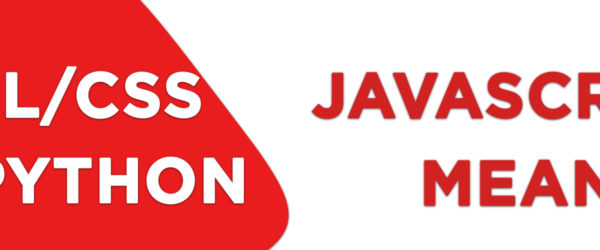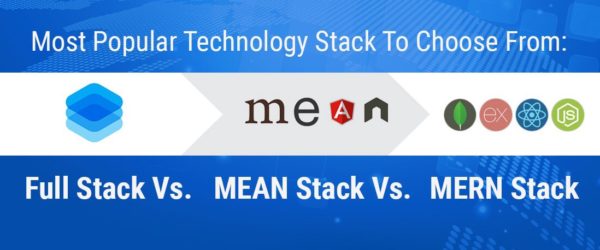RPA developers become more popular and large companies such as IBM or Capgemini already use RPA to improve their growth. But what is the role of the automation developer in the robotic process?
What is Robotic Process Automation(RPA)?
Let us examine in detail what robotic process automation is before we start. Robotic Process Automation ( RPA) refers to robotic and artificial intelligence ( AI) use and implementation for the creation of a uniform automated system without human intervention. Sounds terrific? So we believe!
How do these systems work, however?
A set of structured rules are used for implementing RPA. With RPA tools a company can program ‘robots’ or AI to perform normal daily tasks with minimal input from real personnel and thus free them to concentrate on higher levels of work.
During a GUI task, the RPA system monitors the user and automation then occurs. In this graphical user interface ( GUI), the tasks are repeated automatically.
Automation in their processes has been implemented in the banking and financial services and insurance sector and the robots have repeated and simple tasks now completed.
The ultimate goal is to increase productivity and to increase the role of current employees.
What does the RPA developer do?
There’s an RPA developer here! RPA developers are generally responsible for developing, designing, developing, and implementing RPA systems.
It is necessary to examine, analyze, and set up automated processes to maximize business model efficiency. RPA technologies and instruments are used to achieve this.
Some of the most used tools to automate robotics processes:
- Work Fusion
- NICE
- UiPath
- OpenSpan
- Automation Anywhere
- UI Automation
- Blue Prism
Using these tools, RPA Developers first analyze and structure or automate business processes and pathways. Based on this information, developers work on automation processes.
RPA developers are often said to have three roles in one. They are process developers, architects of automation, and managers of production. These roles could be carried out by various people, or combined into a single role played by the developer of RPA, depending on the company.
Tasks of RPA developers:
- Guide the design of the process
- Workflows of automation design, development, and testing
- RPA component deployment: bots, robots, tools for development
- Support for RPA solutions support
- Create documentation of the process
- Automation quality assurance (QA process)
Background: training and certification
Initially, most RPA developers tend to have a bachelor’s degree in IT, such as computer science, information systems management, business administration, engineering, and mathematics. This is not completely necessary, however. Practical knowledge and the ability to use RPA instruments and technology are essential in this context.
We have compiled a list of 4 courses covering all you need to know about the development of RPAs.
- You will find both training online and on-site in the RPA Academy’s Online Robotic Automation Training, thought of the RPA Academy. The academy trains both individuals and organizations. The 28 days RPA certification available online is their most popular course. The RPA Academy is awarded a Blue Prism certificate, which makes it a reputable resume certification!
- The UiPath Academy Online Training Program is one of the most popular RPA developer tools to work with, as mentioned earlier. The best thing to do is to provide developers with a separate certification program on how to use the UiPath tool. You will be taught the basics of RPA and UiPath so that all future RPA projects can be prepared. Once you have started your course, the RPA experts will provide you with training, work on training exercises, and start your own RPA project.
Soft and hard skills needed
- Leading automation tools, such as Blue Prism and UiPath, have the technical expertise
- Outstanding background development of software such as C #, C++, Java, .. NET.
- HTML, JavaScript (or any scripting language) basic programming knowledge
- Agile development methodology experience
- Database experience (SQL or NoSQL) is usually preferred
- AI and machine education knowledge
- Understanding the logic of the workflow
- Extensive attention to detail and analysis
- Outstanding communication skills
- Talent for technical information
Salary
RPA developers usually do well with remuneration. With RPA as a field of growing interest for large companies, it makes only sense that demand for RPA developers is also growing sharply!
Junior : $85,000
Average : $100,000
Potential to : $132,000
A quick survey shows that most RPA developers earn between $85,000 and $130,000 annually. This is, of course, entirely based on years of experience and certification level.
What about the developers of Freelance RPA, what are they charging?
An RPA developer averages $120 an hour for freelancers. Taking into account an 8-hour working day, the daily rate is around 720 dollars per day (index freelancer rate – April 2019).





